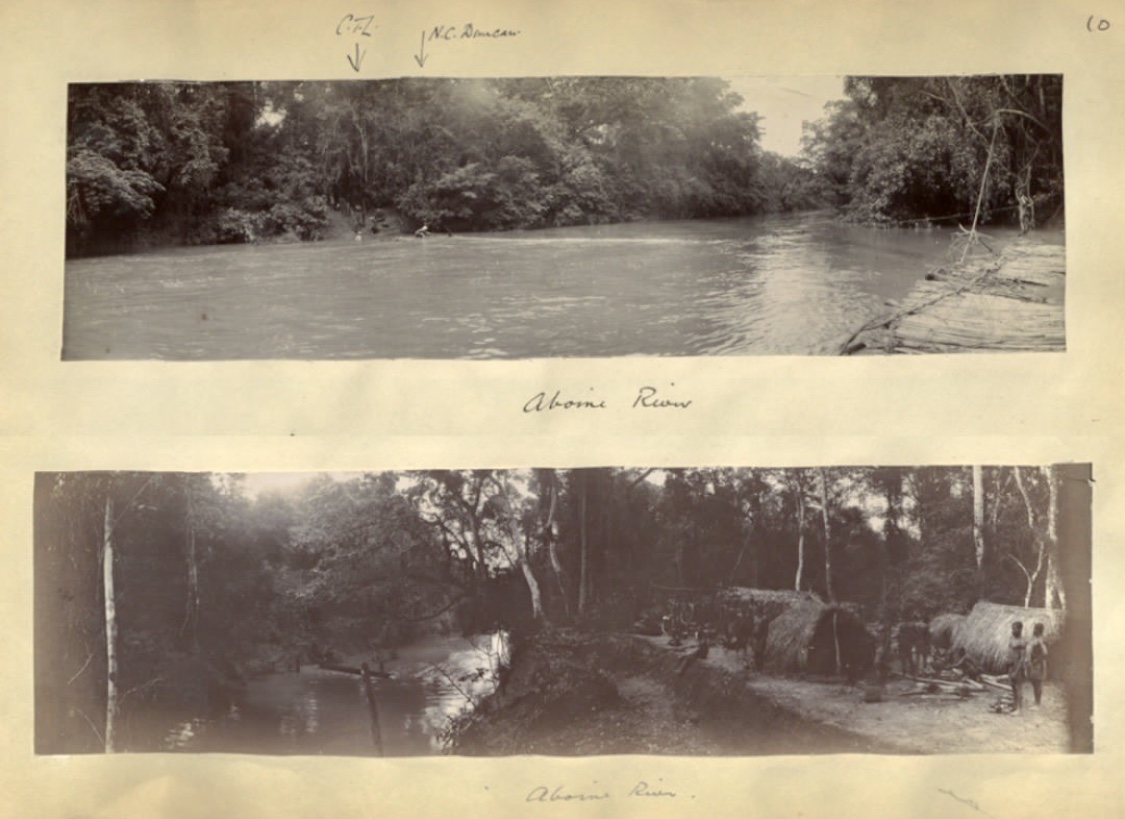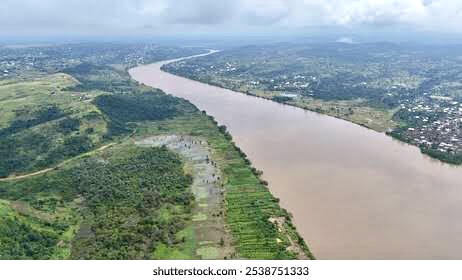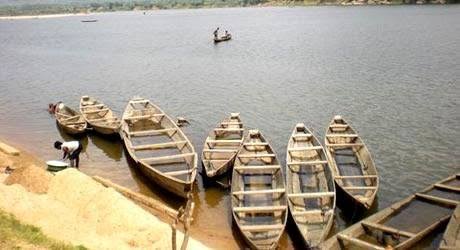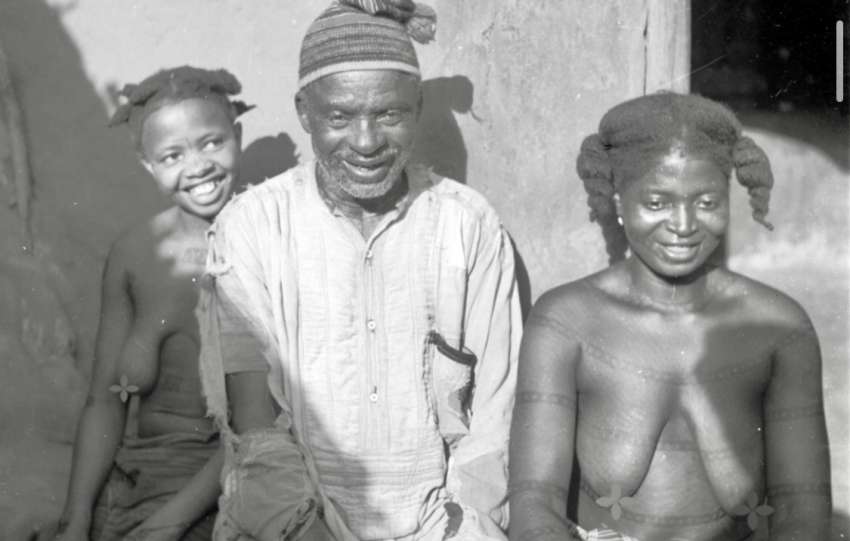The Ebonyi River, a significant waterway in southeastern Nigeria, has played a crucial role in the history, migration, and expansion of the Igbo people. Before the 1920s, the river was already well documented in British colonial records, including a photo album preserved in The National Archives UK. The river and its surrounding territories became the settlement and expansion zones of powerful Igbo subgroups, particularly the Izzi, Ezza, Ikwo, and Mgbo people. These groups, known for their militaristic expansion, influenced the region’s cultural and political landscape by displacing or assimilating other communities over centuries.

Geographical and Economic Importance
The Ebonyi River flows through present-day Ebonyi State, providing an essential water source for communities engaged in agriculture, fishing, and trade. It serves as a tributary to larger river systems that connect different parts of southeastern Nigeria. Historically, rivers in Igbo land have been integral to transportation, commerce, and intergroup relations, and the Ebonyi River was no exception.
The fertile lands along the riverbanks supported extensive yam, cassava, and rice farming, making the region an agricultural hub. Additionally, the river was a vital route for local trade and cultural exchange between Igbo communities and their neighbors in the Upper Cross River region.

Migration and Expansion of the Igbo Subgroups
The Igbo people who settled around the Ebonyi River are believed to have migrated from the older Igbo heartlands across the Imo River. The groups that dominated this migration, primarily the Izzi, Ezza, Ikwo, and Mgbo were known for their strong warrior traditions and military strategies.
Over several centuries, these groups expanded their influence, overtaking and integrating populations from the Upper Cross River region. Their expansion was driven by a combination of warfare, trade alliances, and territorial occupation. The ability of these groups to organize militarily and establish control over strategic areas ensured their dominance in the region.
Cultural and Social Structures
The communities around the Ebonyi River developed a highly organized political and social system. Like many Igbo societies, they practiced decentralized governance, with decision-making centered around village councils, elders, and age-grade systems. The traditional leadership structure included lineage heads and warrior leaders who played significant roles in maintaining order and defending the community.
Additionally, the river held spiritual significance. Many Igbo communities along the Ebonyi River regarded it as a sacred body of water associated with deities and ancestral spirits. Rituals, sacrifices, and ceremonies were often conducted to honour the river and seek its blessings for prosperity and protection.

Colonial and Modern Influence
With the advent of British colonial rule in the late 19th and early 20th centuries, the traditional socio-political structures of the Ebonyi River communities faced disruption. The British imposed indirect rule and introduced Western administrative systems, which altered the region’s governance. Despite these changes, the Igbo people of the Ebonyi River maintained strong cultural identities and continued to play significant roles in regional commerce and politics.
In modern Nigeria, the Ebonyi River remains essential for agriculture, water supply, and local economies. The state of Ebonyi, named after the river, has grown into an important center for trade, education, and governance in southeastern Nigeria.

The Ebonyi River is more than just a geographical feature; it is a historical and cultural landmark that has shaped the lives of generations of Igbo people. From being a migration route and a battleground for expansionist groups to serving as a crucial economic and spiritual resource, the river continues to hold deep significance in Igbo history. Understanding its role helps to appreciate the resilience, adaptability, and strategic influence of the Igbo subgroups that have lived along its banks for centuries.
References
The National Archives UK. (1920). Photo album of the Ebonyi River.
Isichei, E. (1976). A History of the Igbo People. Macmillan.
Afigbo, A. E. (1981). Ropes of Sand: Studies in Igbo History and Culture. University of Nigeria Press.




